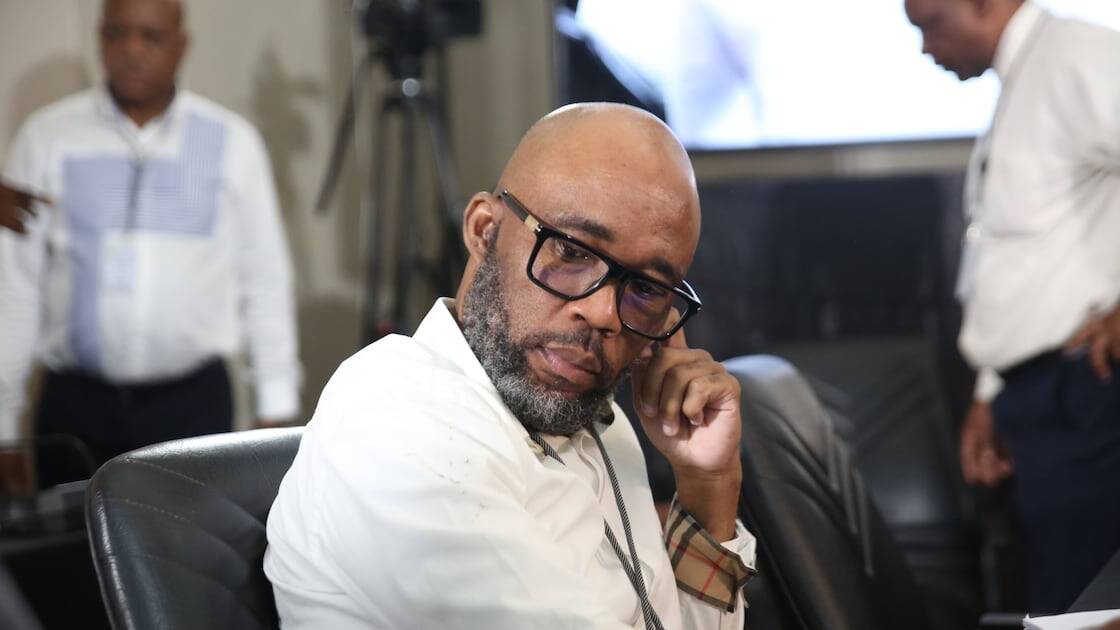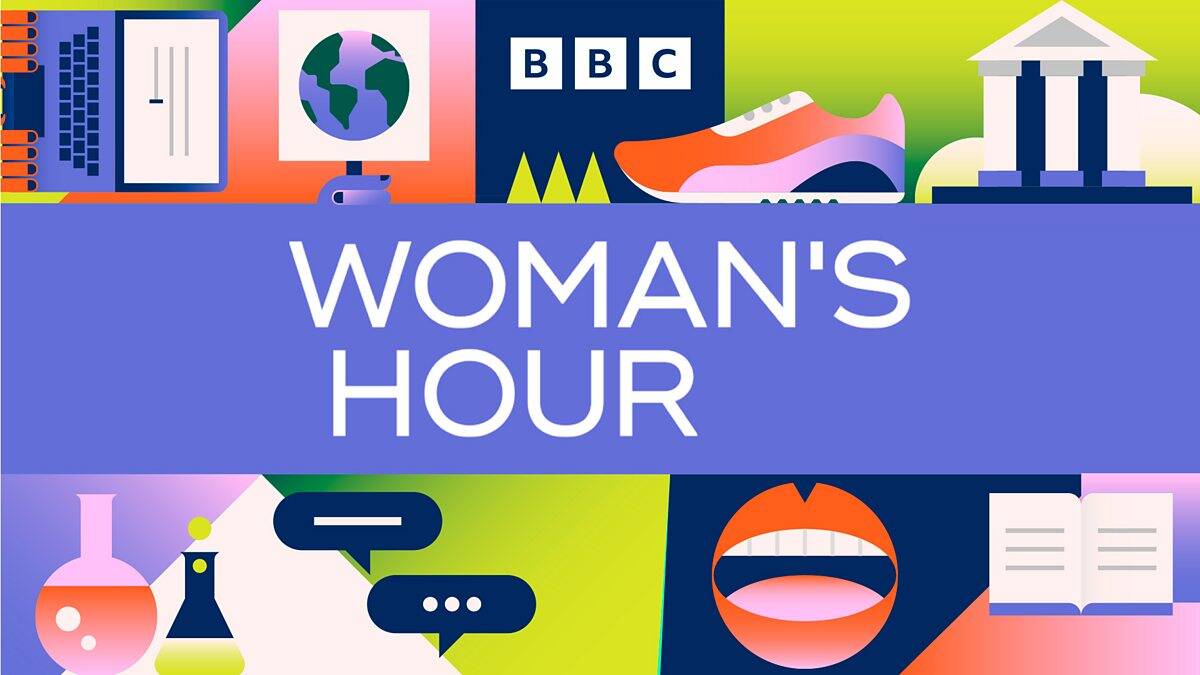When a Compliment Isn’t a Compliment: On Sexual Harassment and the Quiet Ways It Persists
Medium | 23.11.2025 05:52
When a Compliment Isn’t a Compliment: On Sexual Harassment and the Quiet Ways It Persists
4 min read
·
Just now
--
It was the final day of a week-long professional training course — the kind you pay nearly nine thousand dollars for. Corporate. Serious. Grown-up work.
I was tired. The kind of tired that seeps into your bones after too many late nights and too much holding yourself together in a room full of people performing professionalism.
My hair had been scraped into a messy bun all week — you know that ache that builds at the scalp, the tug that says enough already. So I let it down. Just a simple, human act of relief.
That’s when he appeared.
The facilitator — the man leading this very expensive, very corporate program — walked over, knelt beside my chair, and leaned in close enough that only I could hear him.
He said, softly:
“You didn’t ask, and you probably don’t want me to say it… but wow. When you take your hair down, that’s a completely different look.”
He smiled. He knew exactly what he was doing. He even prefaced it with “you probably don’t want me to say it,” which means he knew it was inappropriate — and he said it anyway.
Was I supposed to feel flattered? Feminine? Seen?
Because I didn’t. I felt shrunk.
This wasn’t a stranger at a bar. This was a facilitator in a corporate environment.
And in that moment, the message wasn’t “you look nice.” The message was “your body, your appearance, is open for comment — even here.”
The Subtle Continuum of Harm
Sexual harassment doesn’t always look like a hand on your thigh or a lewd joke. Sometimes it’s disguised as a compliment. It’s the whispered comment, the lingering look, the “you’re glowing today” from someone with power over you.
It’s the kind of thing that leaves no evidence but lingers in your nervous system. You question yourself. Am I overreacting? You replay it in your head, wondering whether saying something will make you the problem.
But here’s the truth:
Harassment isn’t defined by how severe it looks from the outside — it’s defined by the imbalance of power, and by how it makes the recipient feel unsafe, uncomfortable, or objectified.
The facilitator knew better. He knew the professional boundaries of his role. And yet, he made a choice — one that turned a learning space into a moment of violation.
This Is Not the 1980s Anymore
When I was younger, working in five-star hotel kitchens in the 1980s, harassment was overt. You got “felt up” in storage rooms. You found bite marks on your shoulders. You were told to smile, to take it as a compliment, to “lighten up.”
Back then, it was almost expected.
But decades later, after #MeToo, after all the workplace training, we still live in a world where women are meant to swallow discomfort to protect the egos of men who “didn’t mean anything by it.”
We’ve evolved just enough to call it inappropriate — but not enough to stop it.
Why It Still Happens
In many professional spaces, especially those led by charismatic male “experts,” a subtle form of entitlement still lingers.
It hides behind charm, humour, or “just being friendly.”
It’s not about attraction. It’s about power.
The compliment isn’t the issue — the context is.
Would he have said that to a male participant? Would he have knelt by his chair, whispered a personal comment about his appearance, then excused it as flattery?
We all know the answer.
And that’s why it’s harassment, not harmlessness.
The Cost of Silence
Women learn early that speaking up has a cost. We risk being labeled sensitive, difficult, or dramatic. We fear backlash, professional consequences, or social discomfort.
So, we stay quiet. We tell ourselves it wasn’t that bad. We make excuses for the man because we don’t want to make a scene.
But every time we stay silent, we keep the culture intact.
The casual entitlement continues. The “compliments” keep coming.
And somewhere, another woman sits in a chair, hair finally loose, body aching, wondering if she’s the only one who feels the wrongness of it all.
We Deserve Better
We deserve to participate in workplaces and learning environments where our presence isn’t sexualised — where our competence is seen before our appearance, and our comfort matters more than someone else’s moment of impulse.
We deserve leaders who understand that respect isn’t about avoiding lawsuits — it’s about protecting dignity.
And we deserve to stop being the ones who have to carry the discomfort of someone else’s inappropriate choices.
The truth is, I wasn’t shocked when it happened.
Disappointed, yes. Tired, yes.
But shocked? No. Because this is what it means to be a woman who has lived through both eras — the overt harassment of the 1980s and the insidious “complimentary” kind of 2025.
And I’m done pretending they’re different.
If you’re reading this and thinking, “it was just a comment,” ask yourself this:
Why did he whisper it?
Why did he preface it with, “you probably don’t want me to say this”?
Why does it still sit uneasily in my body days later?
That’s the thing about “harmless compliments” — the people giving them know exactly where the line is.
They just choose to cross it anyway.








